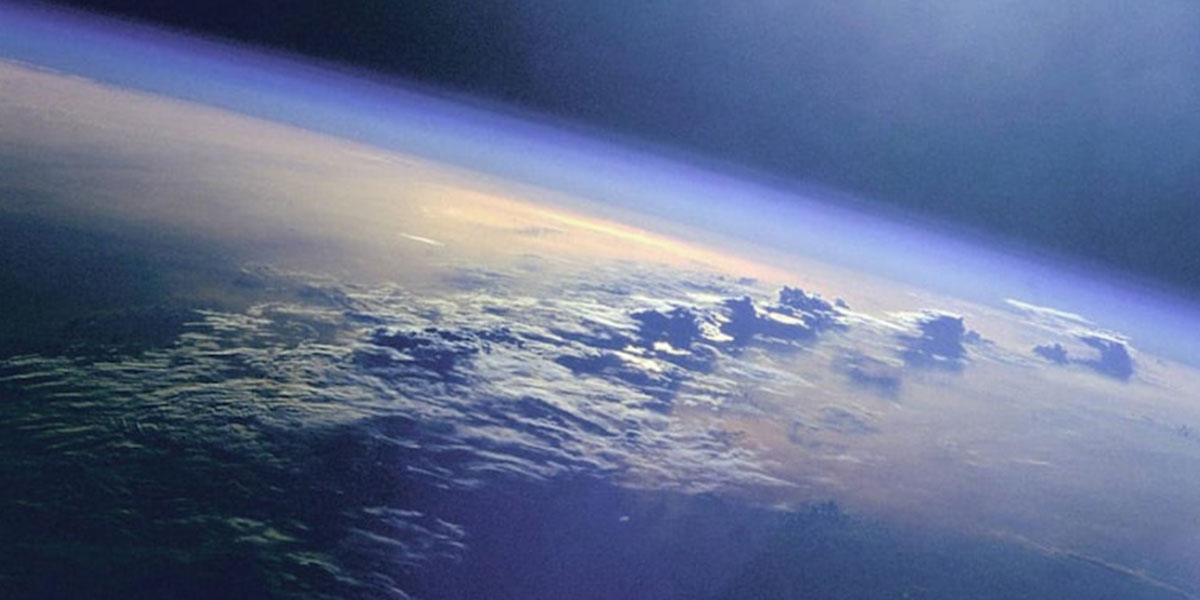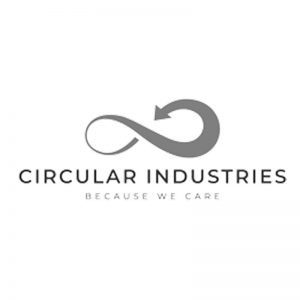The answer to global scale decarbonisation lies 2000 m under the sea level and in the genetic code of algae, which evolved over millions of years of evolution.
The oceans contain about 50 times more CO2 than the atmosphere and 19 times more than the land biosphere.
CO2 moves between the atmosphere and the ocean by molecular diffusion when there is a difference between CO2 gas pressure (pCO2 ) between the atmosphere and oceans. For example, when the atmospheric pCO2 is higher than the surface ocean, CO2 diffuses across the air-sea boundary into the sea water.
Deep sea algae farming will disrupt the decarbonisation challenge and deliver solutions for tomorrow’s demand for food and functional ingredients for the personal care and chemical industry. Biofacturing of fatty acids and other chemicals in 2000 m dept of oceans will not waste additional land resources on our planet. Futuristic submerged domes will deliver an unusual high pressure system where carbon capturing can be done efficient and environmentally friendly.
Driven by ocean energy, light sources will deliver the required specific wave length for algae to convert high concentration of CO2 via photosynthesis into useful chemicals, lipids for food, personal and health care industry.
The tremendous air/water interface of 510 million km2 will replenish the CO2 converted in the biofacturing facilities located at deep under the ocean surface. Air will over time reduce its CO2 content through these natural equilibriums.
Lipid filled algae cells will release the oil and functional chemicals on the way up to the surface through the high internal osmotic pressure. An edible oil capturing and pre-processing facility on a floating platform will deliver an environmentally friendly and sustainable feedstock to the global population.










